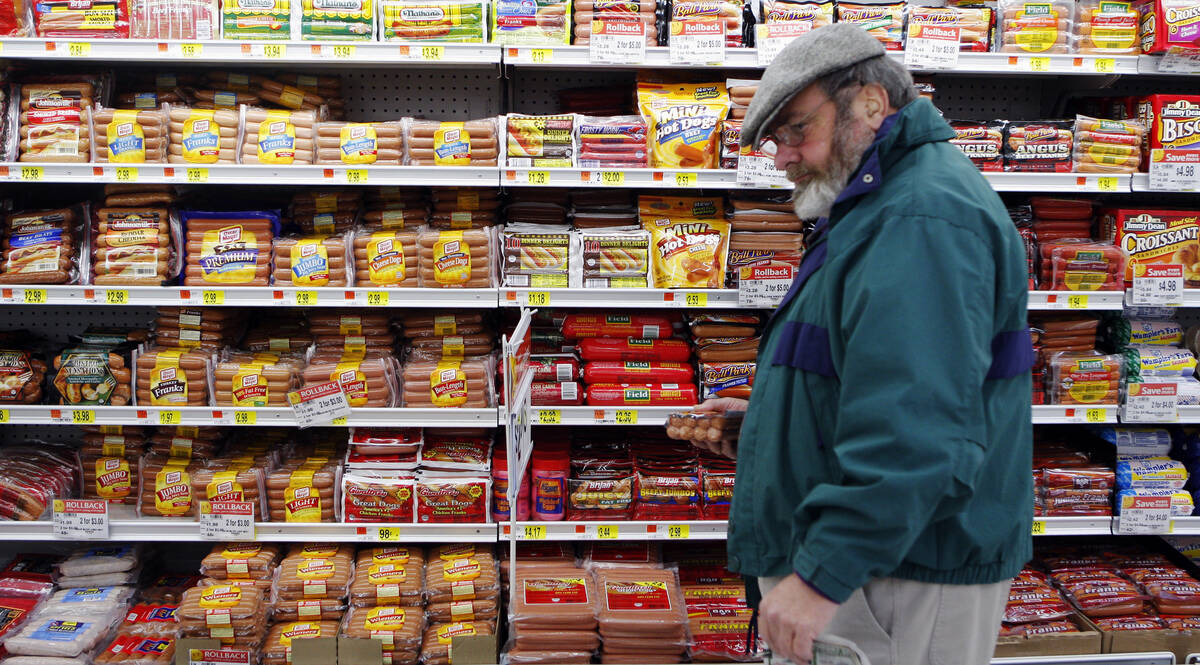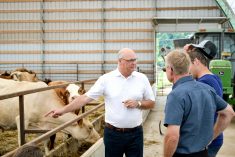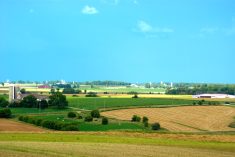I recently finished Gary Vaynerchuk’s book, The Thank You Economy, a book published in 2011 about the ever-changing consumer. It discusses how thinking with a consumer-centered mindset and putting consumers at the heart of everything you do would be the future for any brand or business to serve consumers.
It’s hard to believe Vaynerchuk’s book is almost a decade old because his ideas and tips are as relevant and timely as ever. Vaynerchuk, an American entrepreneur, best-selling author and leader in the digital marketing/social media field, seemed to be ahead of his time when he wrote this book.
Read Also

Canada seventh-most influential country on agri-food
Report from Dalhousie University and MNP shows Canada ranks seventh among G20 countries on agri-food influence.
It made me think of what we’re experiencing in our very own agri-food sector and how valuable this book would be for us all to read if we all had the time.
It got me thinking about the evolving relationship our sector has with the consumer. At one time, farmers sold directly to consumers until the value chain was organized so that primary producers didn’t sell directly to consumers anymore. The ‘middleman’ of the value chain arrived. Commodity organizations were eventually created to work with and market product to processors and retailers who would ultimately sell to consumers based on supply and demand.
We’re at a point in time where consumers now want that ‘first-hand’ experience with their food again. Does this mean the value chain needs to evolve once more? That is a topic for a whole other column!
But this ever-changing, ever-evolving relationship the consumer has with their food is something imperative for our sector to better understand.
Consumers don’t want to hear from retailers how great their food is – they want to hear it directly from the mouth of the farmer who produced or grew their food. It’s why retailers have photos of farmers in their marketing advertisements and it’s why the research shows that farmers are the most trustworthy go-too source for consumers when it comes to their food, according to the Canadian Centre for Food Integrity’s latest Public Opinion research report.
Farmers are the most trusted in the value chain and consumers want a connection to these people behind their food, told in a personal way that resonates with their values.
And this isn’t just a millennial thing either. Consumers of all ages want to know more and be more connected to the brands they consume and purchase.
Why is the relationship with the consumer evolving in this way?
Because consumers asked for it. This is how they want brands to do business now.
The analogy I continue to use in agri-food circles is consumers are the ones ‘driving the bus’ when it comes to food. Consumers have always been, or should always be at the heart of brands and marketing, but perhaps the marketing world, and our own sector, forgot this.
Simply put, we are in business because we supply consumers with products they demand. Consumers are asking different things of their food now – they’re asking for diverse product options, product segmentation and most importantly, they’re asking questions about how their food is grown like never before.
The consumer is back at the heart of business again not just in food, but in every business, industry and brand.
We must remind ourselves of this – we aren’t driving the bus. We can no longer tell consumers what they should be eating because we want them to eat it.
We should be working more directly with the consumer to help them learn more about what we do, why we do it and give them the information they need to feel comfortable in making their purchasing decisions.
Campaigns like ‘If You Ate Today, Thank a Farmer’ or ‘Farmers Feed Cities’ will no longer work with this evolving consumer. We have to think of what they want to hear from us.
We have to thank them for choosing our products.
We should thank our consumers for choosing Canadian, for choosing a commodity produced or grown in Ontario or for buying local.
This is the new way of customer service in the ‘thank you economy’ – putting the consumer at the heart of everything we do – thanking them for choosing us instead.
Implementing many of the ideas and lessons in Vaynerchuk’s book would be a good start to catch up in the ‘thank you economy’ and the ways other industries are ahead of us in their marketing efforts. This change in mindset in how we approach our relationship with the consumer, may just be the answer that helps to transform our industry going forward.
Who wants to get on the bus with me?! #StarttheBus
Christina Crowley-Arklie works in social media in agri-food, is the digital media strategist and founder behind Crowley + Arklie Strategy & Co., is a former political staffer, dairy farmer’s daughter and has spent her life in agriculture. Twitter: @CrowleyArklie













